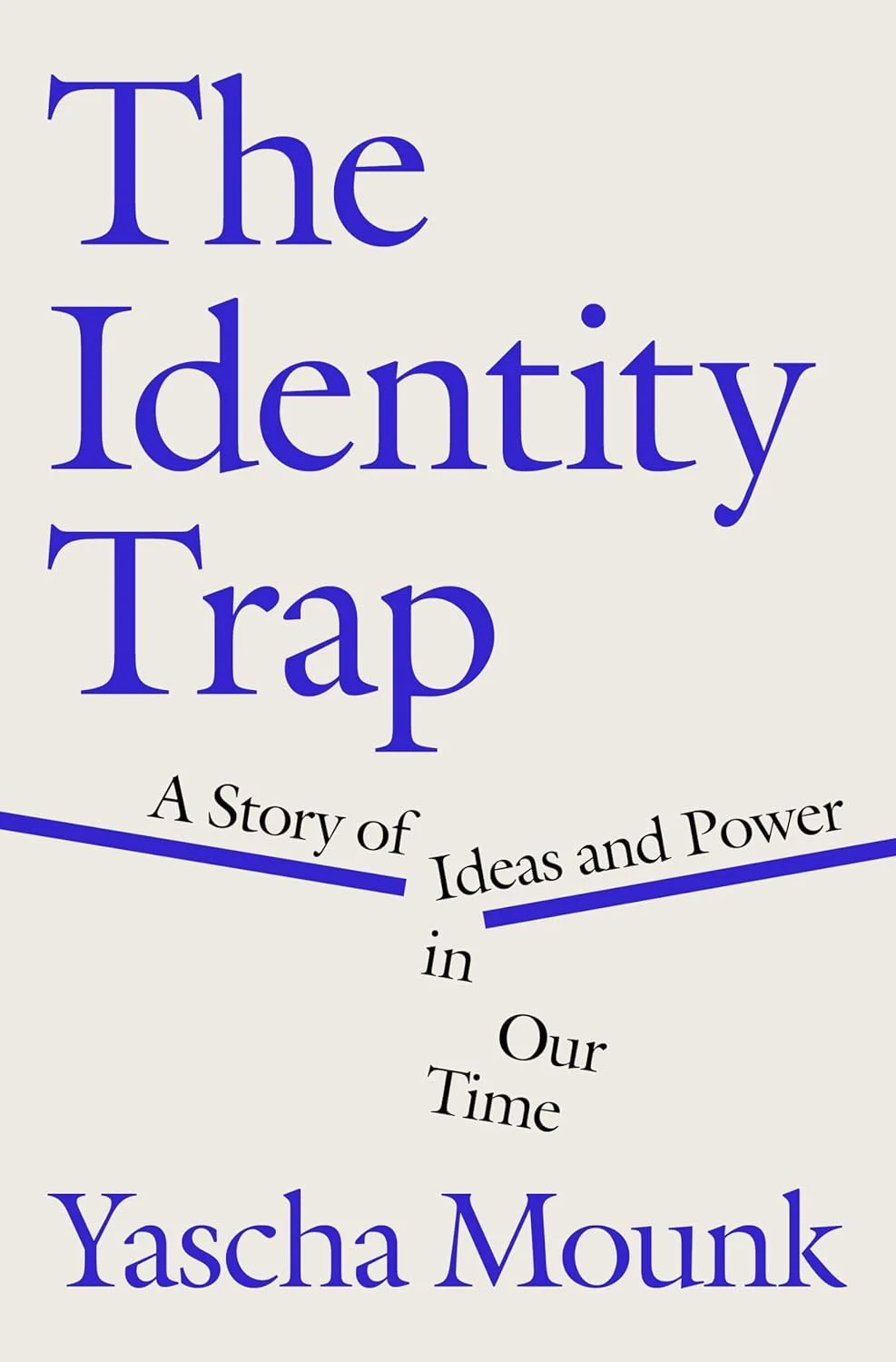A Brief History of Mercy Ministry in the Church - Part One
Over the past few decades, conservative Christians have had to “rediscover” the biblical doctrine of mercy ministry because many had retreated from the application of the gospel to society.
Aside from the clear theological error, one reason for this abandonment was a reaction to the strong push by many theologically liberal Protestants to do practical social ministry without proclaiming the gospel. Those who advocated social ministry over the gospel felt that meeting physical needs was the primary function of Christianity and teaching doctrinal truth was a divisive non-essential.
The somewhat predictable overreaction led many doctrinally conservative Christians to overemphasize theological truth to the exclusion of practical ministries. Additionally, in the 19th and 20th centuries a particular view of the end times became very popular, teaching that the world would be annihilated and an entirely new kind of creation would be made by God. This form of eschatology tended to deemphasize the importance of good works done in this life that were not of an explicitly “spiritual” nature.
In the middle of the 20th century, there was a rise in a stream of theology called Missional Theology, which tends to focus on a broader view of God’s working in the world. This movement has influenced evangelicals, even those outside of the Missional movement, to return to the earlier Christian patterns that emphasized both proclamation of the gospel and meeting people’s physical needs.
In a series of three posts on the history of mercy ministry in the Christian tradition, I will attempt to show in very broad terms, that social activism is deeply rooted in the history of the Church. This is something that should characterize the way the church lives in addition to doctrinal orthodoxy.
In order to gallop through this expansive history in a short time, I have divided Church History into five basic periods. We will look at the role of the church in doing mercy ministry during the Early Church, the Patristic era, then the Medieval era, the Reformation era, and finally the Modern era.
Early Church
The Early Church is generally defined as the period from the death of the Apostles to the acceptance of Christianity as a legal religion in the Roman Empire in the first decades of the 4th century. This is a period that was characterized by periodic and regional persecutions of Christians by the pagan Roman Empire. The Christian Church was often marginalized, but more socially than physically in most cases. During this time Christian theologians were fighting to establish legitimacy of the Church and to obtain permission to continue to exist as a Church “above ground.”
Waldo Beach and H. Richard Niebuhr note that the early church was most known for the assistance provided to fellow Christians. They write, “The most striking quality of the Christians was their agape in the care of their own group, as seen in their assistance to the bereft, to orphans and old people, in the care for prisoners and the sick and those condemned to the mines, and in their hospitality and the sharing of economic goods.”[1] This is likely largely because it was illegal to be Christian and because the church was too small in the early days to be a significant social force.
However, in the earliest Christian writing after the New Testament, the pursuit of justice on a broader scale is evident. The Epistle of Barnabas, the author (not Barnabas) speaks against the prevailing Roman practice of exposing children: “That we may avoid all injustice and impiety, we have been taught that to expose the newly born is the work of wicked men––first of all because we observe that almost all [foundlings], boys as well as girls, are brought up for prostitution.”
The author of the Didache writes, “Give to everyone that asks, without looking for any repayment, for it is the Father’s pleasure that we should share His gracious bounty with all men.” This points toward mercy being shown to those around and not merely the Christian community.
This attitude is described by Tertullian, “One in mind and soul, we do not hesitate to share our earthly goods with one another. All things are common among us but our wives.” This he included in his Apology for Christians. However, Tertullian makes it clear that their acts of mercy were not focused solely on Christians:
“We have no respect of persons in doing good, because by so doing we do good to ourselves, who catch at no applause or reward from men, but from God only, who keeps a faithful register of our good works, and has ample rewards in store for this universal charity; for we have the same good wishes for emperors as for our nearest friends.”[2]
Based on the historic evidence, neighbor love was a central aspect in the lives of the Early Church. Largely based on their position as (generally) lower class individuals outside of the usual power structures, it seems that often a great deal of effort was directed within their faith community before pursuing mercy ministry on a public scale.
[1] Waldo Beach and H. Richard Niebuhr, Christian Ethics: Sources of the Living Tradition, 2nd ed. (New York: Knopf, 1973), 53
[2] Tertullian, Apology, chapter XXXVI.












